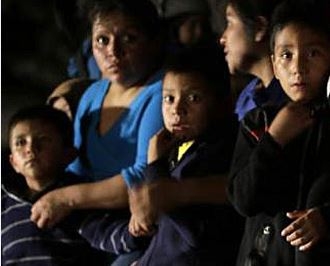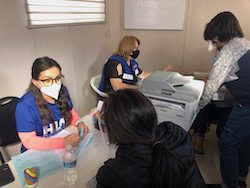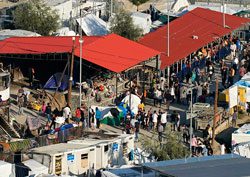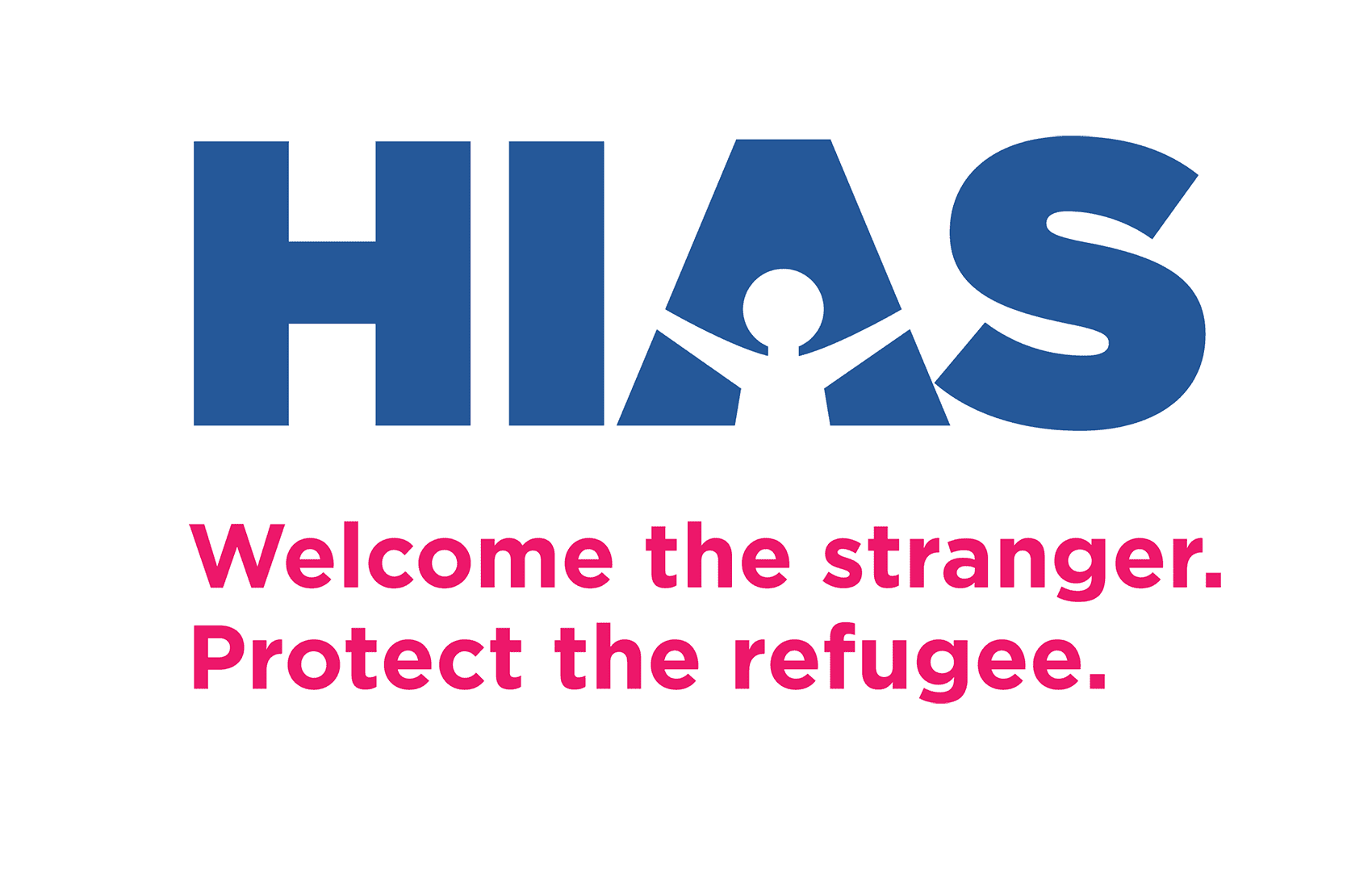Ensuring Due Process for Youth Running for their Lives
By Zhanna Veyts, HIAS.org
Nov 30, 2014

Hiding under his baseball cap, staring at the floor, 16-year-old “Alfonso” barely spoke above a mumble as he answered questions from a HIAS lawyer. He looked like a typical teenager you’d see on the streets of New York, someone you’d never realize spoke no English or came from another country.
But Alfonso had come from a rural village in Honduras only a few weeks before. Prior to leaving home, his father, an alcoholic, often beat him, his sisters, and their mother and disappeared for days at a time. Because of his father’s dysfunction, Alfonso had to work full-time and help support his family. He rarely attended school.
Alfonso’s family’s home was in the heart of gang-territory, and Alfonso became the target of constant threats, robberies, and recruitment efforts. Reporting the gangs to the police can put someone in even more danger—the police often cooperate with gangs which can lead to retribution—but Alfonso and his mother were so desperate to put an end to the harassment that they filed a police report.
Just days later, Alfonso was attacked by a group of gang members. He was able to run away, but was stabbed as he fled. Alfonso’s sister cared for his wound. As soon as he could, that same week, he took a bus North.
Like many of the child asylum seekers making headlines this year, gang violence served as the impetus for Alfonso to flee. He decided to come to the U.S., where he could join a cousin. Upon arrival he was detained by immigration officials. After three weeks he was released to the custody of his cousin.
Alfonso is now awaiting a court hearing that will determine his future. Luckily, he will not be facing the courts alone.
Forced recruitment to gangs and pervasive life-threatening violence in Honduras, Guatemala, and El Salvador have led to an unprecedented surge of child migrants seeking safe haven. In the last year, more than 135,000 children have fled to the U.S. Some traveled alone or with their mother or other adult guardian, while others have made this dangerous journey at the hands of smugglers.
Most of these unaccompanied children should be eligible for asylum or other relief, but under U.S. law they are not entitled to court appointed lawyers. Many are left to try to navigate the complex immigration system alone and represent themselves in court, and many are jailed while doing so.
As the only national Jewish organization with expertise in asylum representation and refugee resettlement assistance, HIAS has taken a leadership role in responding to this humanitarian emergency.
HIAS is providing expert legal services at no charge, with the goal of helping these children and their parents or guardians to legally remain in the U.S. To address a drastic shortage of qualified legal counsel, HIAS will be training and mentoring attorneys to represent these children pro bono. We are also leading a coalition of Jewish voices advocating in Washington for policies that ensure due process and provide government funding for legal services for refugee children.
Alfonso is now living with his cousin and her family in New York, attending school, and trying to learn English. HIAS is helping him to apply for Special Immigrant Juvenile Status (SIJS) in Family Court, where we hope his cousin will be appointed his legal guardian and the judge will grant him status as a legal permanent resident.
Most of the Central American unaccompanied children now in the U.S. should be eligible for asylum or some other humanitarian relief so they can remain safely and legally in the U.S., but immigration laws are complex and the process is daunting. Few will succeed without skilled legal representation. For these young people, assistance from HIAS is a life-changing pathway to freedom that can literally provide a lifetime of opportunity.
* Client name and other identifying details have been changed.



